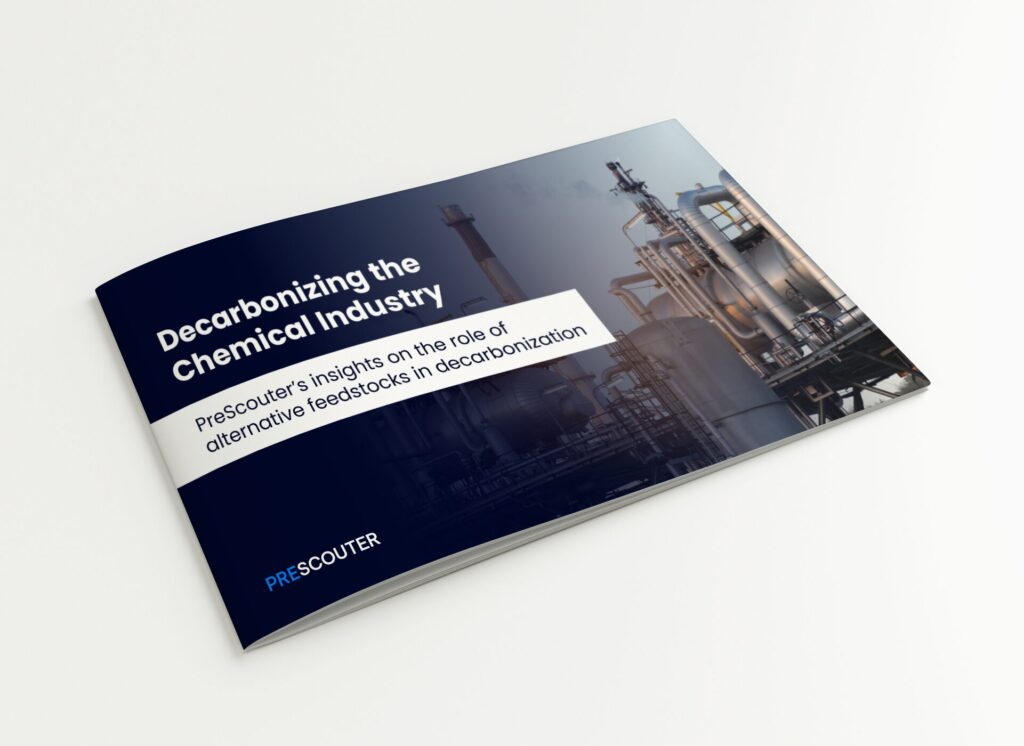In an era where the environmental footprint of industrial sectors is under scrutiny, the chemical industry stands at a crossroads. As the third largest industrial emitter of CO₂, the push towards decarbonization is not just imperative but urgent.
This journey towards sustainability in the chemical industry is complex. It necessitates a reimagining of processes and materials that have long been industry staples. This transformative period promises environmental benefits and new economic opportunities within a greener chemical sector.
Why is there a need for decarbonizing the chemical industry?
Decarbonizing the chemical industry is crucial as it contributes to around 7% of global greenhouse gas emissions. This report highlights that, with its extensive energy consumption, the industry’s operations significantly exacerbate climate change issues.
The urgency to decarbonize the chemical industry stems from the escalating pressures to meet international climate goals. Moreover, many countries are targeting carbon neutrality in the forthcoming years, intensifying the imperative for the chemical industry to decarbonize in alignment with the set climate goals.
Are alternative feedstocks the way forward?
Alternative feedstocks offer a significant opportunity for the chemical industry to reduce its carbon footprint. By transitioning to biomass, waste materials, and innovative processes like carbon capture and electrification, the sector can confront environmental regulations effectively.
This report emphasizes the potential of alternative feedstocks to reduce up to 85% of CO₂ emissions. Consequently, over 70% of chemical companies consider this as a key to industrial decarbonization.
Case studies and real-world applications:
This report discusses a notable example where Cargill and HELM announced a joint venture for the production of bio-based intermediates. This collaboration is highlighted for achieving emissions reductions of over 90%, showcasing the potential of alternative feedstocks in significantly lowering the carbon footprint.
For more detailed case studies and real-world applications of decarbonization strategies within the chemical industry, check out our complete report.
Included in this report:
- The chemical industry’s environmental impact
- Global efforts push for significant carbon emissions reductions
- Challenges and opportunities in the chemical industry
- Importance of alternative feedstocks in reducing emissions
- 11 case studies on the use of alternative raw materials
- Expert insights regarding the technologies in decarbonization









